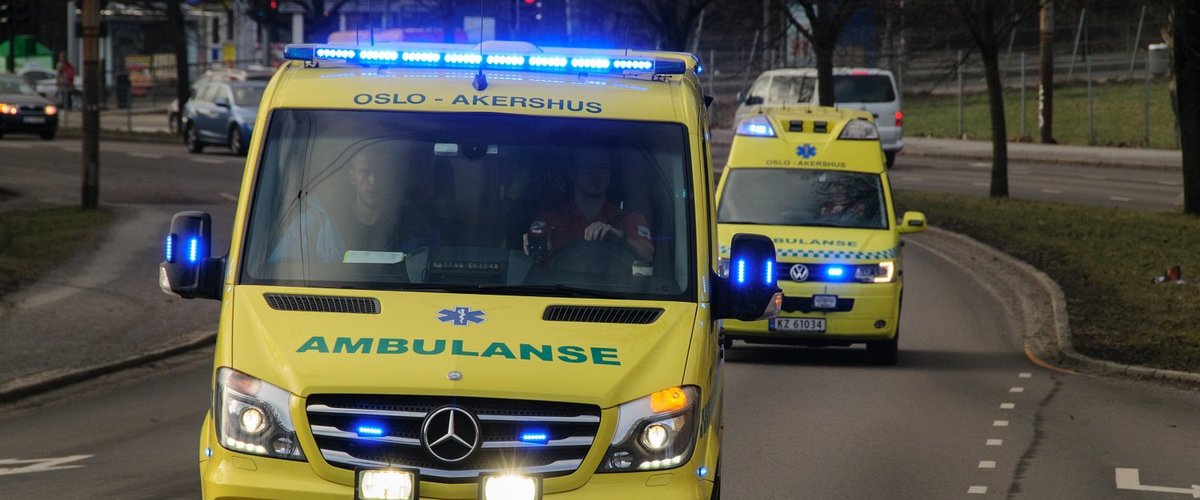
This blog post was published by the Healthcare Safety Investigation Branch (HSIB). Find out more about HSIB legacy.
About Ukom
With an English acronym not a million miles from our own, the Norwegian Healthcare Investigation Board (NHIB) is an independent government agency. Known as Ukom in their native language, their mandate is to investigate serious incidents and other serious concerns involving the Norwegian health and social care services.
They were established just a brief time after us, in 2019. However, their organisational journey has been the opposite of ours, with legislation passed first, followed by building the organisation (we’ve gone about this the other way round).

Knowledge exchange
Our relationship was first struck up in 2019 by our medical directors at the time. It unfortunately went on hiatus as the global events of the coronavirus (COVID-19) pandemic unfolded, and stepped up a gear again following an incredibly constructive and open meeting between delegates from both organisations last month (May 2022).
The objective of developing this mutually beneficial relationship is to exchange knowledge to improve our processes. We want to continuously get better at what we do and provide the best service that we can for the benefit of patients, their families, and the NHS.
For example, because of their organisational journey, Ukom has had ‘safe space’ from the very beginning. Safe space provides protections for evidence gathered during investigations. This is something that we too will have when we become the Health Services Safety Investigations Body (HSSIB) in April 2023 (find out more about this on our organisational transition page). Ukom used their first-hand experience to assist us with our submission during the passage of the Health and Care Act 2022 (which sets out HSSIB’s new powers) to demonstrate the value of safe space.
Similarities and differences
There are many similarities between HSIB and Ukom. We are both independent national organisations, take a no blame approach, employ investigators from a range of backgrounds (not just healthcare), and apply modern safety science thinking to our investigations.
There are some distinct differences though. For example, Ukom has developed much broader, less formal criteria for their investigations, which allows a free choice of what they investigate. Take one of Ukom’s most recent investigations (available to read in English on their website). It examines the tragic drowning of a woman from South Sudan and her two daughters. The investigation looks at why those who need help cannot always be identified – a lack of interaction with the healthcare (and other) systems, rather than a specific incident or safety concern. This investigation is outside of our own criteria.
Other interesting points of difference:
- Ukom typically make recommendations to one regulator (whereas ours go to a whole host of national organisations and bodies).
- They don’t have a set target number of investigation reports to publish (we publish up to 30 per year).
- They don’t have any specific ongoing programmes of work, like our maternity investigations.
- Their team of around 24 staff are all directly involved in investigations to some extent, alongside their other roles.
Looking to the future
Both HSIB (soon to be HSSIB) and Ukom are forging a path as national-level independent patient safety investigators. There isn’t a blueprint specific to health for what we do, so it makes sense to share our learning with each other.
Looking to the future, we’ve established a monthly forum to bring our teams together and keep strengthening the ties that have already formed.
Related articles

The challenges associated with joint surgical care of patients
Read article
Integrating restorative justice into patient safety investigation
Read article

